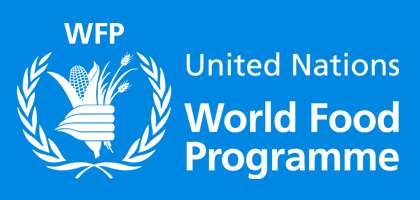
GENEVA — Some 2,2 million Zimbabweans will need food assistance in the pre-harvest period from January to March next year, a United Nations agency has said, warning that food security in the Southern African country continues to deteriorate.
Harsh weather conditions, the high cost or lack of available fertilizers and seeds and the prospect of high food prices due to poor harvest, have all contributed to high food insecurity levels, the World Food Programme (WFP) said in its latest assessment of the country.
In a briefing to reporters in Geneva, WFP spokesperson Elisabeth Byrs said the food security situation is at its worst since 2009, with the national maize harvest being less than last year’s one million metric tonnes, and less than the country’s requirement of 2,1 million metric tonnes.
Grain prices are currently 23% higher than this time last year, and many people have exhausted their personal stocks and are relying on buying cereals from the market.
Job opportunities are also scarce and cashflow is a major challenge.
The government of Zimbabwe has requested international support for food assistance to meet the growing needs.
In response, WFP is launching a relief programme in the worst-affected areas this month and will gradually scale up assistance over coming months, Byrs said.
- Chamisa under fire over US$120K donation
- Mavhunga puts DeMbare into Chibuku quarterfinals
- Pension funds bet on Cabora Bassa oilfields
- Councils defy govt fire tender directive
Keep Reading
This month, WFP and partners will begin food distributions and will expand its operations until the end of March when the next harvest comes.
Three distributions will start in three districts of the Midlands and Matabeleland North provinces, and will be scaled up to 19 districts in November, 38 in December and 41 districts from January to March.
— UN News Centre












